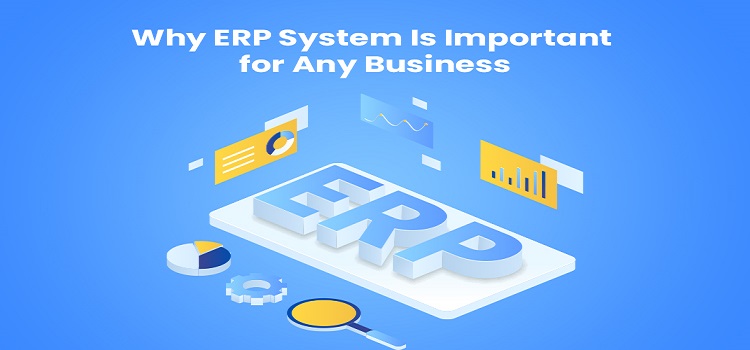Enterprise Resource Planning (ERP) software has emerged as a transformative force in reshaping the business landscape. By integrating various business processes and functions into a centralized system, ERP enhances efficiency, streamlines operations, and promotes strategic decision-making. Here’s a closer look at how ERP can redefine your business:
Inventory Management:
ERP Inventory software systems optimize inventory levels by providing real-time tracking of stock levels, demand forecasting, and automated reorder processes. This prevents overstocking or stockouts, ensuring that resources are efficiently utilized.
Increased Data Security:
Centralizing data in an ERP system enhances data security. Role-based access controls, encryption, and regular system updates contribute to safeguarding sensitive business information from unauthorized access and potential breaches.
Employee Empowerment:
ERP systems often include self-service portals and dashboards, empowering employees to access relevant information, submit requests, and collaborate seamlessly. This leads to increased employee satisfaction and engagement.
Global Business Management:
For businesses operating on a global scale, ERP facilitates the management of multiple locations, currencies, and regulatory requirements. It ensures standardization of processes across diverse regions, fostering consistency and compliance.
Mobile Accessibility:
Many modern ERP Billing software solutions offer mobile compatibility, allowing users to access critical business information on the go. This flexibility enhances decision-making and responsiveness, particularly in a fast-paced business environment.
Environmental Sustainability:
ERP contributes to sustainable business practices by optimizing resource utilization, reducing paper-based processes, and promoting energy efficiency. This aligns with the growing focus on corporate social responsibility and environmental sustainability.
Vendor and Partner Collaboration:
ERP systems enable seamless collaboration with external stakeholders, such as vendors and partners. This streamlines procurement processes, enhances communication, and strengthens relationships throughout the supply chain.
Faster Time-to-Market:
ERP expedites product development cycles by streamlining communication between different departments involved in the process. This acceleration in time-to-market is crucial in staying competitive and meeting evolving customer demands.
Customer Insights for Innovation:
With a unified view of customer data, ERP Retail Software enables businesses to gather valuable insights into customer behavior and preferences. This information fuels innovation, helping companies develop products and services that better meet customer needs.
Collaboration and Communication:
ERP breaks down communication barriers by providing a centralized platform for collaboration. This fosters better communication among different departments and teams, promoting a more cohesive and integrated organizational culture.
Continuous Improvement:
ERP systems support a culture of continuous improvement by providing tools for performance monitoring and analysis. Businesses can identify areas for optimization, implement changes, and measure the impact, fostering ongoing enhancement and adaptability.
Conclusion:
ERP software serves as a comprehensive solution that goes beyond mere automation, fundamentally reshaping how businesses operate and compete in the contemporary market. Embracing ERP is not just a technological upgrade but a strategic move towards sustainable growth, efficiency, and resilience in the face of evolving business challenges.

